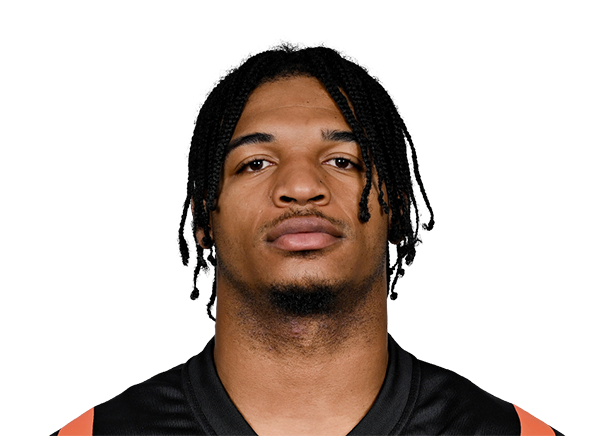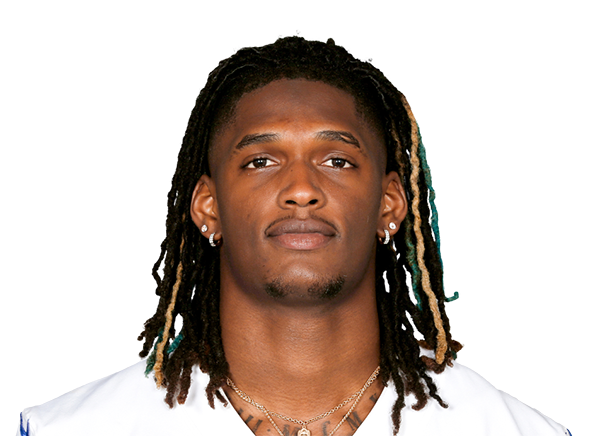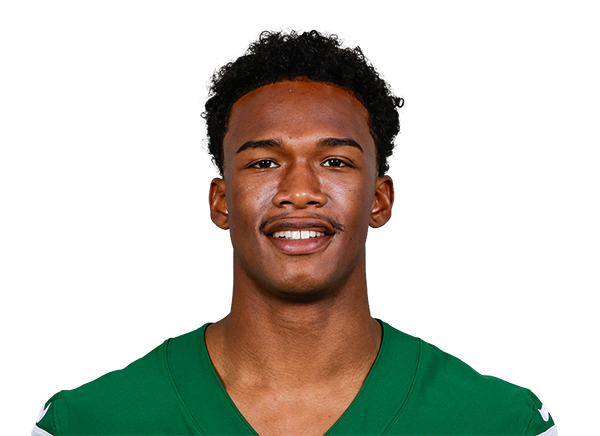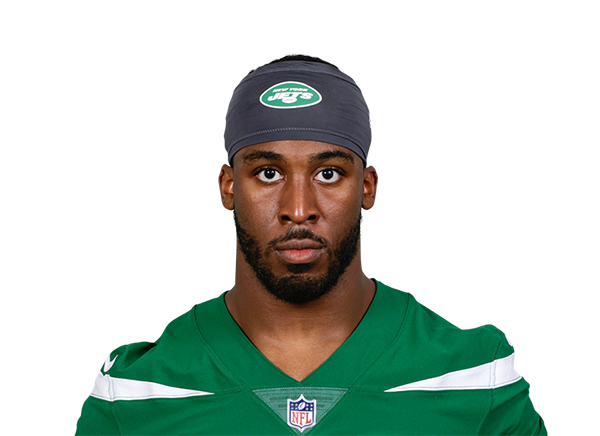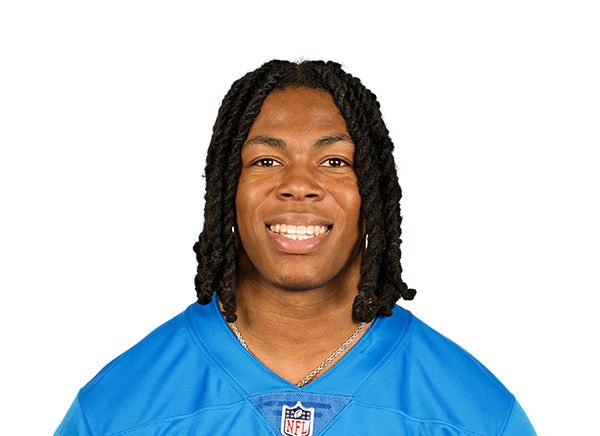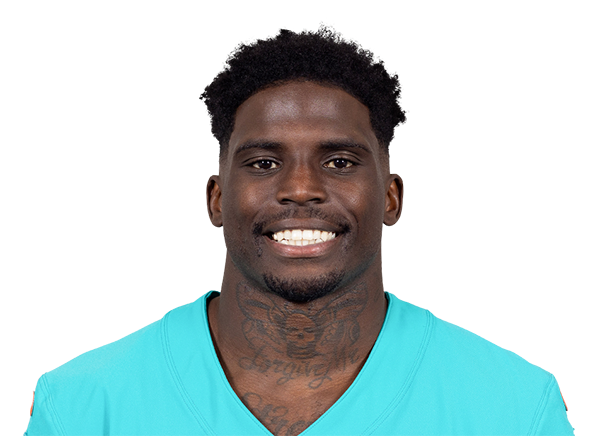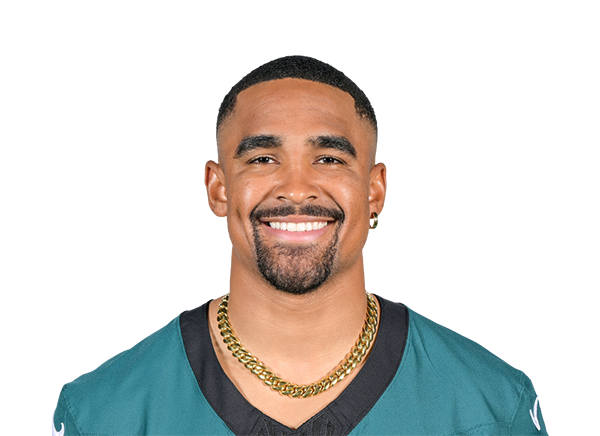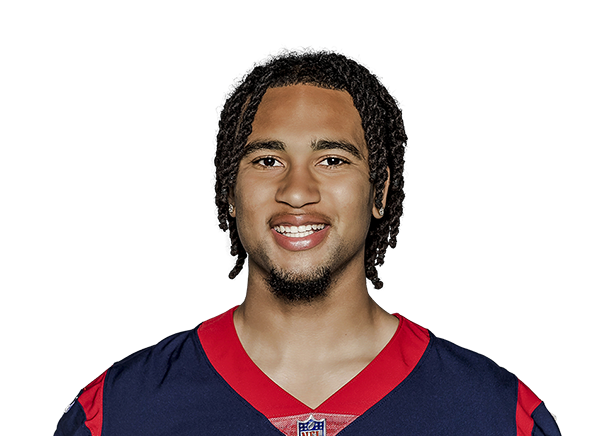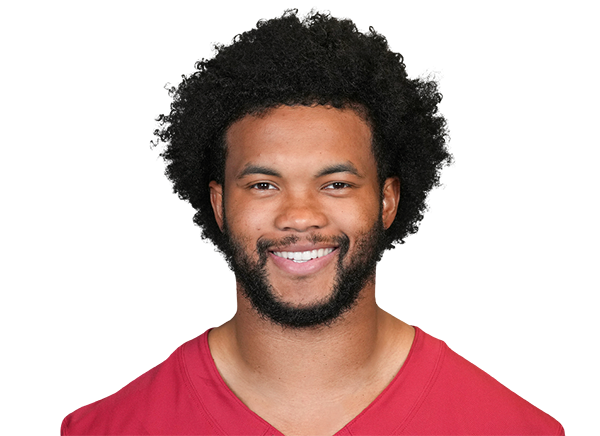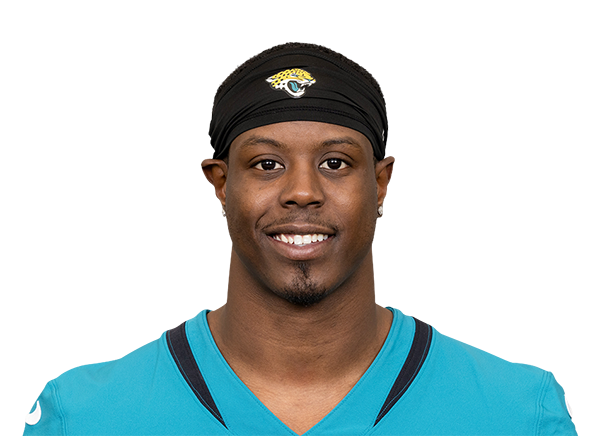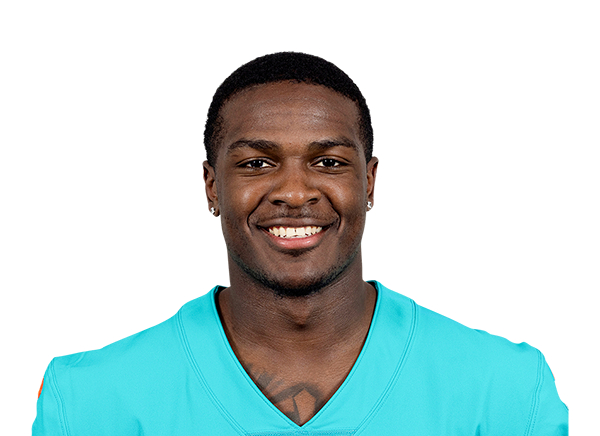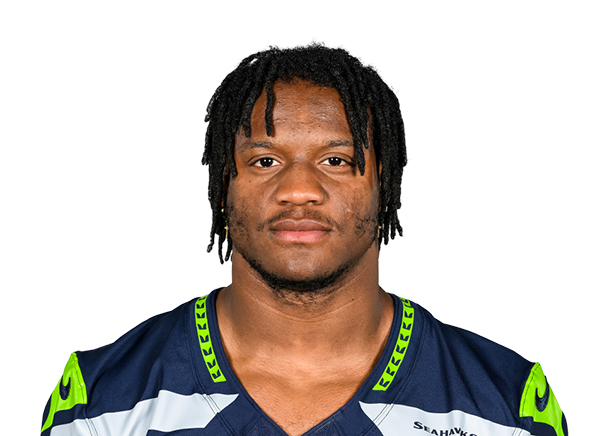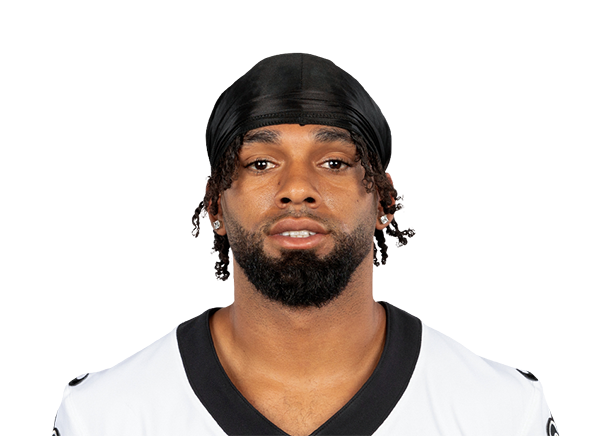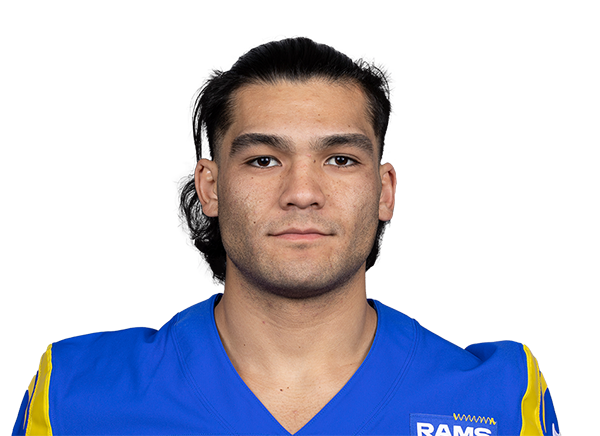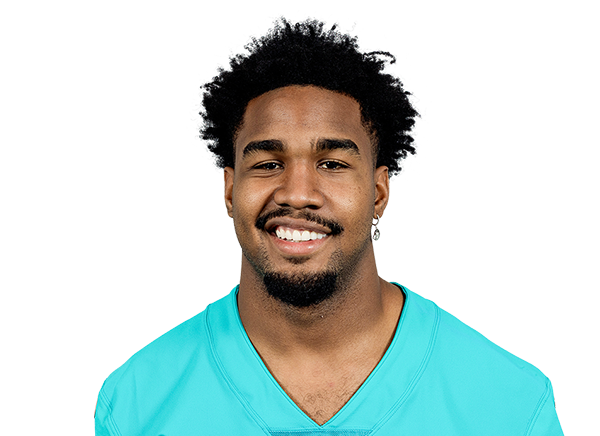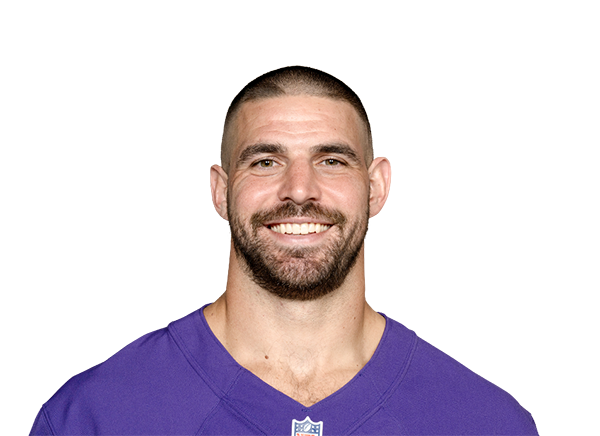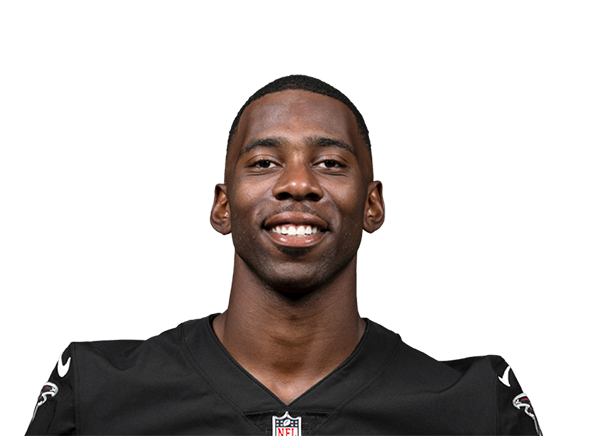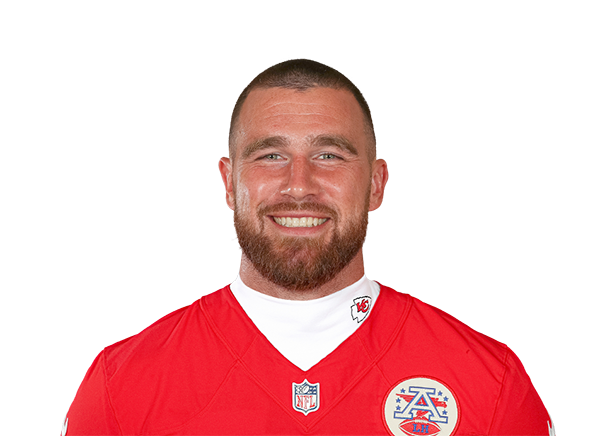How to Win Without Watching Football
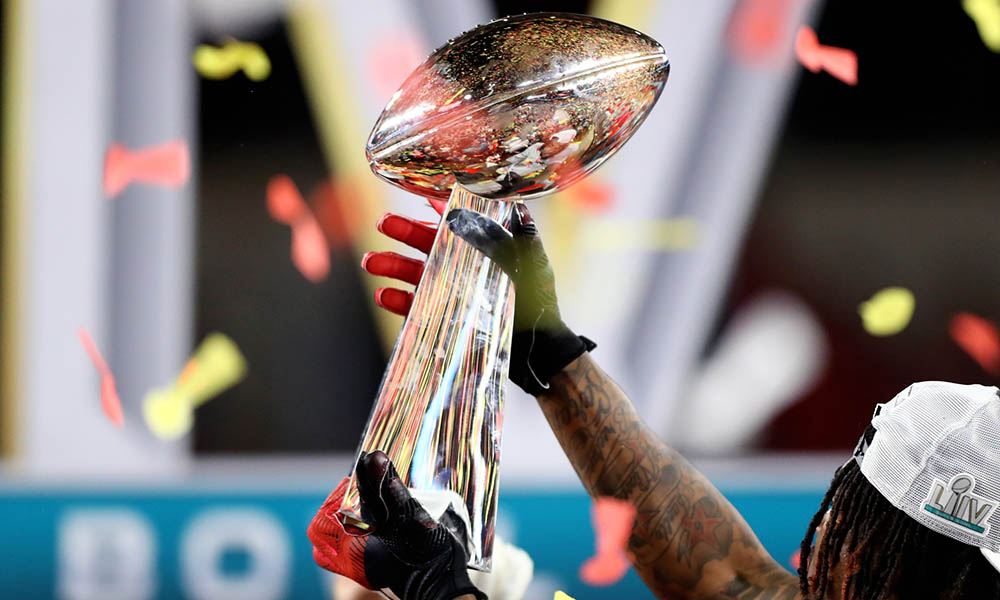
Editor’s note: This article was written by former DLF Senior Writer Jeff Miller. Let’s call it his triumphant return…
I don’t watch football. I don’t know who made the playoffs last year. I last watched a Super Bowl maybe half a decade ago. Heck, I don’t even like football.
It isn’t that I hate the sport, it’s more that I no longer find it interesting enough to give up three hours, or even three minutes, of my day to watch it. The only reason I stuck around as long as I did is because I enjoyed writing for DLF and 4for4. I adored the people I worked with/for. The community as a whole – OK, the non-toxic 10% of the community I don’t want to choke every time I read one of their tweets – also played a role in my hanging around long past my due date.
Yet somehow, despite not knowing if the St. Louis Rams had more wins than the Houston Oilers last year, I am still good at fantasy football. Evidence follows.
Over the two years since I last got paid to write about FFB, I’ve made the playoffs nine times across five leagues, racking up three championships. This is not a brag, it is proof positive my soon-to-be-unveiled strategy can work even if you don’t give a ding dong dang about football itself.
How do I do it? Do I have a divine power handed down to me from Mount Jerry Rice, the home of the Fantasy Gods? Yes, actually. And it’s awesome. But also, I’ve come up with a finely honed system for getting the best results with the least amount of football.
I call it, “Jeff’s System for Winning Fantasy Football Monies Without Watching Games or Paying Any Attention to the NFL Whatsoever,” or JSWFFMWWGPAANFLW for short, and if you’ll allow me, I’d like to share its core principles, all wrapped up in four easy steps.
Step 1: Let others analyze the draft, and everything else, for you.
Starting with the off-season, the first step is to do nothing. Instead of combing Twitter to see how fast somebody 40’d their three-cone shuttle vertical press hand size, grab a bag of Funyuns and do literally anything else. Once the dust has settled, we get to work seeking information from trusted sources.
It’s no secret JSWFFMWWGPAANFLW leans heavily on the expertise of others. In order for the system to succeed, it requires you to find people who both know what they are doing and can articulate that information in a consumable, retainable way. It also requires you to identify the strengths and weaknesses of those you are following. Nobody can do it all, so be choosy about what advice you take from whom.
I can’t emphasize enough how important the above paragraph is to making this thing work. If you enjoy fantasy football and all that goes into being good at it but don’t have time or motivation to watch games, you absolutely cannot skimp on finding analysts you can trust. That you are on DLF already is a great start, so kudos for that.
Once you have your sources and have read all the scouting reports there are to read, you have to determine how to apply that information. This, my dear readers, is where so many smart people go so wrong. Just because you can analyze film or are a whiz with analytics doesn’t mean you can play fantasy football. The truth is, they are separate skillsets entirely. How you proceed here is up to you, but my general method is as simple as avoiding trying to out-think the room.
With that, here is my round-by-round rookie draft methodology:
Round one: I like to draft RBs with a clear, unquestioned path to immediate touches. No other position has a more insulated year-over value than highly-regarded rookie running backs.
On the flip side, I’m avoiding any player who isn’t expected to do much in year one. With us not being super-invested in the NFL itself, our interest should be more short-term. This isn’t to say you should sell out to try and win now. The point here is to avoid getting fancy and trying to make a projection for two years down the line on a guy you are taking in the first round. Nobody can do that reliably. Stick with simple and keep your roster easy to manage.
With superflex and two-quarterback leagues, I am drafting QBs early and often whether I need them or not. The best, and maybe only reasonable way to get a young stud quarterback in these formats is to draft them. Looking ahead to step three, this is the perfect place to be hyper-aggressive when making moves. The 1.01 may have cost a lot in February, but Trevor Lawrence already costs double that today.
Rounds two through four: I. Don’t. Care.
Once you get out of the top-10 or 15, the hit rate is so abysmal I can’t be bothered. I find the trade value of these picks far and away outweighs the potential of the player you can get by staying put. Before you get out your pitchforks and torches, there are some exceptions to this rule.
The top half of the second is a bit of a gray area, especially in years with deeper classes and in the aforementioned superflex or two-QB leagues where the ascension of quarterbacks up the draft board creates value later on. I can’t be there to hold your hand on draft day, so use the resources at your disposal to make a decision on how to handle those picks on a year-to-year basis.
When it comes to trading away picks at any point in the draft, the best time to do it is when you are on the clock. With 11 other owners staring at the draft board, there is almost certainly one or two of them willing to pay their way to a marginal prospect they fell in love with because they watched him play in college. Rookie mistake, bro. Total amateur stuff.
Step 2: Be aggressively aggressive with your aggression.
Now that your rookie draft is done, it’s time to assess your roster and make a plan for the rest of the summer. It doesn’t matter if you are rebuilding, retooling, or full-on contending, the key here is making a good plan and executing it with ruthless aggression.
Talk to all the owners in the league. Tell them what you want, be honest with them and yourself about the value of your players, and make moves happen. If your league isn’t receptive to that approach, find a new league. JSWFFMWWGPAANFLW doesn’t have time for deadbeat owners who can’t be bothered to engage in trade talks. If you want a reason to stick around in fantasy football long after you don’t care about the football part of things, you have to find good leagues with active owners.
Of course, none of this works if you aren’t up to date on player news. Once again, we look to people who are doing the work so we don’t have to. I don’t miss a single player blurb on NBC Sports Edge or here on DLF. Of everything in this article, this is the biggest commitment you’ll need to make. It’s a year-round thing, but, save for draft season, it takes only minutes a day. These little news bites are an invaluable tool for somebody who doesn’t watch ESPN or listen to any sports talk radio. Without them, I’d have zero idea of what is going on in the world of the NFL on a day-to-day basis.
Step 3: Don’t ask anybody who you should start. Ever.
The draft is done and dusted, your roster is Dolemite level pimped out and week one has arrived. Now all you have to do is check a few boxes next to a handful of players and you’re on your way to another title. So you think the move is to go to Twitter and ask three dozen analysts if you should start Eric Ebron over Austin Hooper? Seriously?
Instead of burning valuable time and energy on pointless decisions, take 15 or 20 minutes a week to comb waivers and look at all the rosters in your league. Keep an eye out for teams with injury issues or unexpected win-loss records. All the value is there for the taking by making trades with owners who find themselves in a situation they didn’t adequately prepare for.
When it comes to actually setting your lineup, the most important factor in deciding who to start should be how you match up versus the team you are playing against. Even the best set of weekly rankings doesn’t know you are a massive favorite and should therefore favor your high-floor possession receiver versus your low-target-volume game-breaker.
When I do have a difficult decision between similar players, I look at weekly rankings from a few sources – 4for4 is my personal go-to – and make the call. Yeah, you’ll get it wrong sometimes. But you’ll almost certainly get it right just as often. Variance happens, don’t sweat it.
Step 4: Profit
Winning without watching really is as easy as I’m making it sound. As long as you lean on excellent resources, don’t get too comfortable with your roster, are willing to keep up on player news, and have maybe 15 minutes per league, per week, watching games is inconsequential. I’m living proof of the fact, and I have JSWFFMWWGPAANFLW to thank for it.
- How to Win Without Watching Football - July 22, 2021
- 2018 Summer Sleeper: Chicago Bears - July 9, 2018
- NFL Draft Aftermath: Winners and Losers from the AFC North - June 18, 2018

















